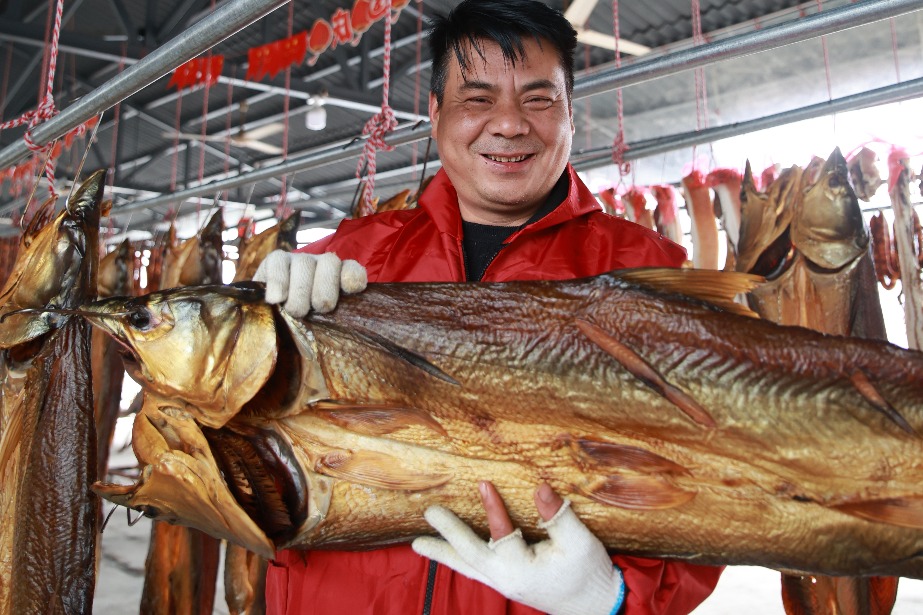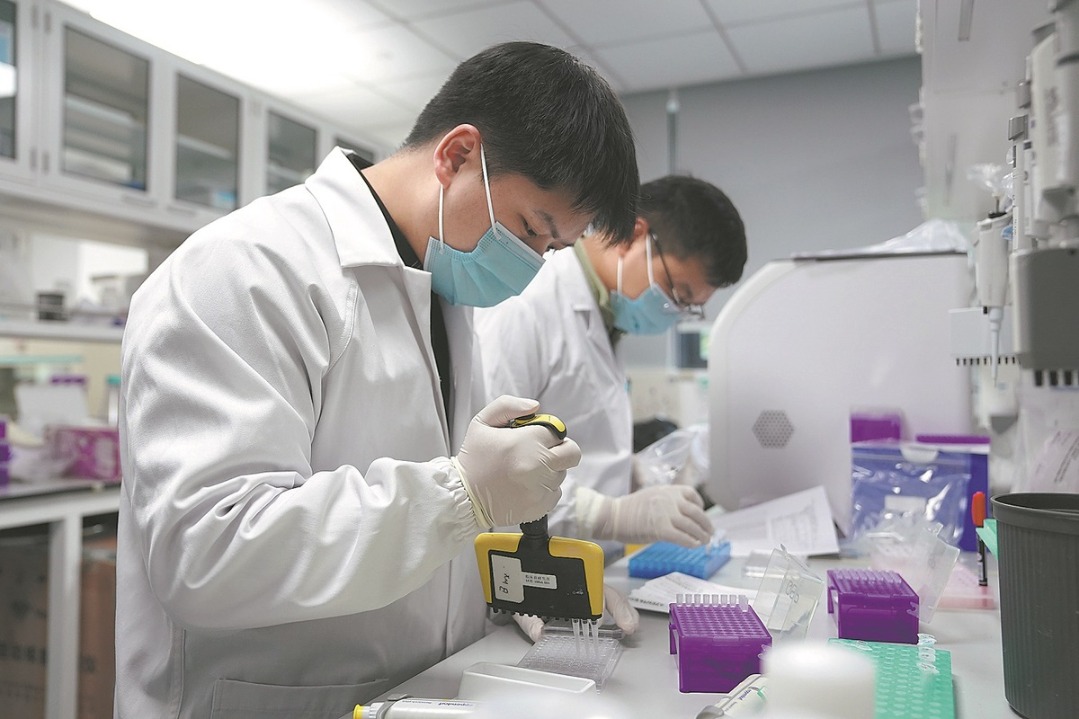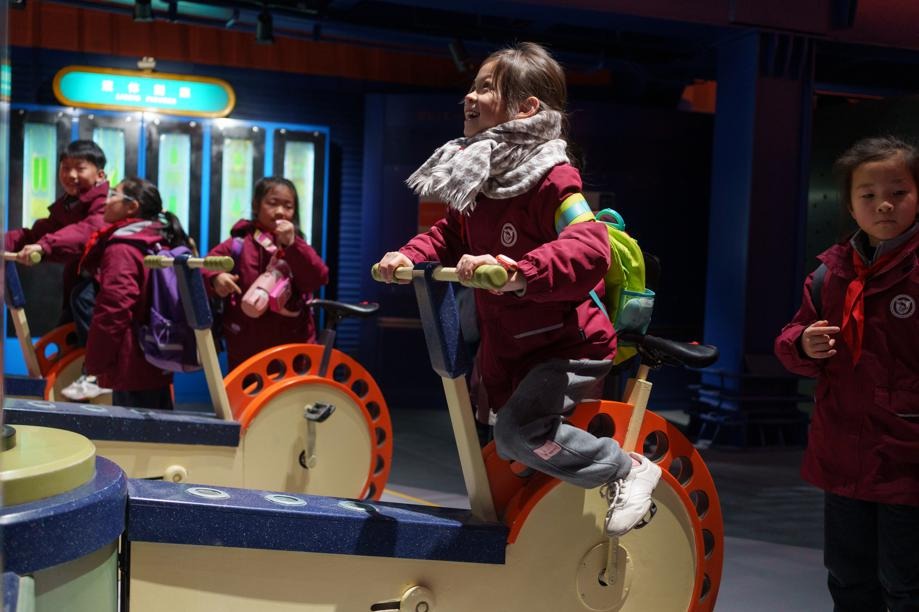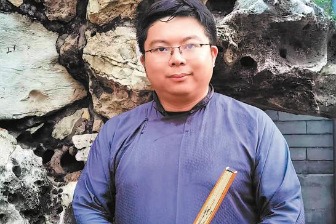Manzhouli to launch 3rd virus testing


The border city of Manzhouli, Inner Mongolia autonomous region, will launch its third round of citywide novel coronavirus tests starting on Thursday morning, covering its more than 200,000 residents in a bid to further screen the risk of virus spread, local authorities said on Wednesday.
The city initiated its first round of nucleic acid tests for all residents on Nov 22 and the second round of tests on Nov 27 after two domestically transmitted cases were reported on Nov 21, according to the city's COVID-19 epidemic prevention and control headquarters.
Eight people tested positive for the virus during the second round, which covered 203,378 residents, the headquarters said.
As of Wednesday, the city has reported 20 confirmed cases, two suspected cases and one asymptomatic case, the city's health committee said, adding that epidemiological investigations including source-tracing work are underway.
In addition, the city raised the novel coronavirus risk level for Dongshan Subdistrict from medium to high on Wednesday.
The city's education department has promoted a series of measures to prevent students from being affected by the epidemic. For example, its middle and primary schools on Monday began online lessons with different course arrangements according to the grades.
Education authorities require all lessons each day to be completed within three hours for primary school students and four hours for middle school students.
"I was a little worried that my kid's studies would be affected by the quarantine at home at the beginning of the outbreak," said Wang Caihong, mother of a fifth grader. "But after the first day's online study, I found there was no difference from studying at school."
In addition, the coastal city of Qingdao, Shandong province, reported two asymptomatic novel coronavirus cases on Wednesday, including a worker who handles goods and disinfects aquatic products.
The cases have motivated the city to improve cold-chain food management. Chen Wansheng, deputy director of the general office of the city government, said on Wednesday that it has built special warehouses to collect and examine imported frozen food.
"Qingdao is one of the key port cities for cold-chain food imports and exports," Chen explained. "All imported aquatic products and meats entering the city from overseas and those to be sold directly in the city's markets are required to be disinfected and receive nucleic acid tests."
As of Monday, the city had carried out disinfection procedures on 3,513 metric tons of imported cold-chain food.
As of 9 am on Wednesday, the city has tested 48,435 cold-chain workers. So far, 48,315 results have returned, all of them negative.
- Lantern Festival lights bring the Dunhuang grottoes to life
- China's 2026 Spring Festival travel rush to begin
- Knocking on the stone-framed door
- Shanghai Science and Technology Museum to reopen soon
- Shanghai celebrates Spring Festival with intl students
- Pegasus fondant artwork ushers in Year of the Horse in Shanghai




































